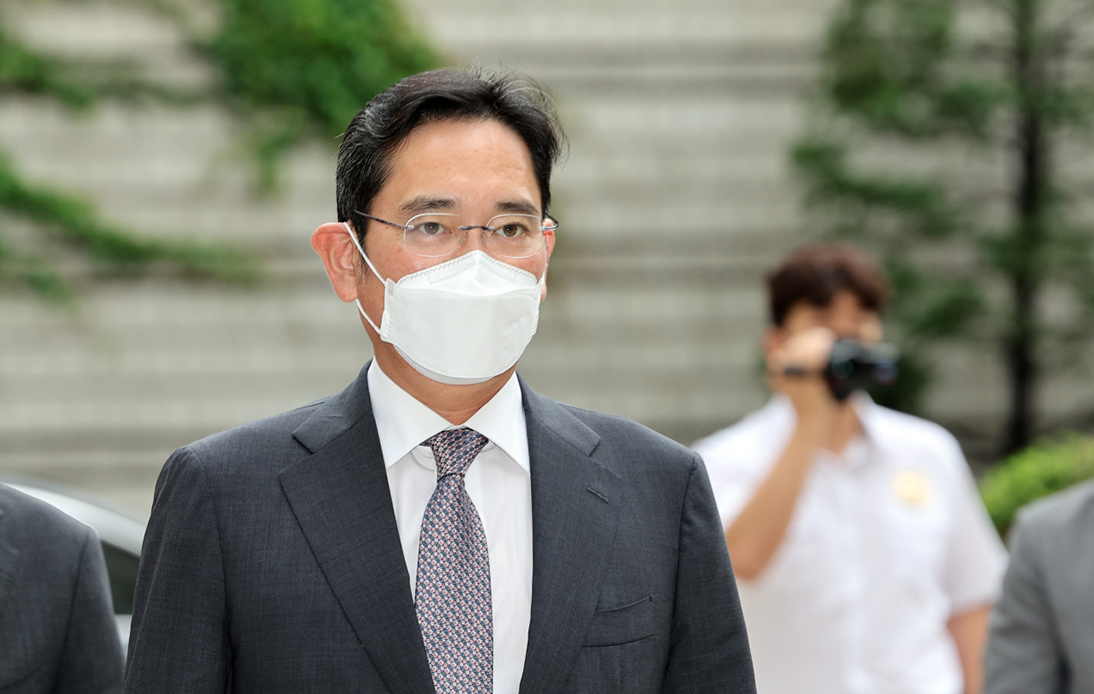
Samsung heir Lee Jae-yong has received a special presidential pardon despite being convicted of bribery and embezzlement five years ago.
According to the South Korean government, the move responded to the country’s need to have its biggest company’s de facto leader spearheading the economic recovery after the two-year pandemic.
The move marks a turning point in the struggle over how the current government runs South Korea after conflicts escalated and mass protests gripped Seoul to oust the then-president six years ago.
Considered one of the most powerful white-collar criminals in South Korea, the so-called “crown prince of Samsung” was jailed twice for bribing former president Park Geun-Hye when she was in office between 2013 and 2017. The case was a scandal that rocked the country.
Mr. Lee reportedly paid $8 million in bribes to the former president and her associate to support a highly criticized merger that would strengthen his control of his family’s business.
Millions of South Koreans took to the country’s streets, joining candlelight protests every weekend in the 2016/2017 winter to demand Ms. Park and other officials resign. The protesters also called for a union between politics and business.
Consequently, the parliament impeached Ms. Park and sentenced her to 25 years in jail in 2017. However, the new president Moon Jae-in granted the former leader a pardon in the last days of her term.
Mr. Lee was arrested a year later. Also known as Jay Y Lee, the Samsung heir was jailed in 2018 for various crimes, including embezzling company funds for using $800,000 to give a horse to the daughter of the president’s friend.
However, Mr. Lee was also pardoned just eight months after Park received the same clemency.
Anti-corruption activists see the move as a daunting blow. Sanging Park, an economics and industrial policy professor at Seoul National University, said: “It is a setback. And it means Korea retreats to the time before the candlelit demonstrations.”
Professor Park also criticized the argument that the leaders of giant conglomerates, known as chaebols, favor the country’s recovery.
“The pardoning of chaebol controllers has not contributed to economic growth or turnaround historically,” he stated.




















